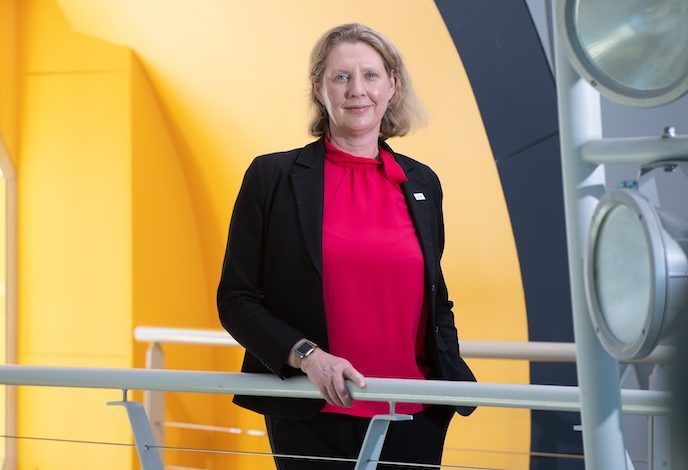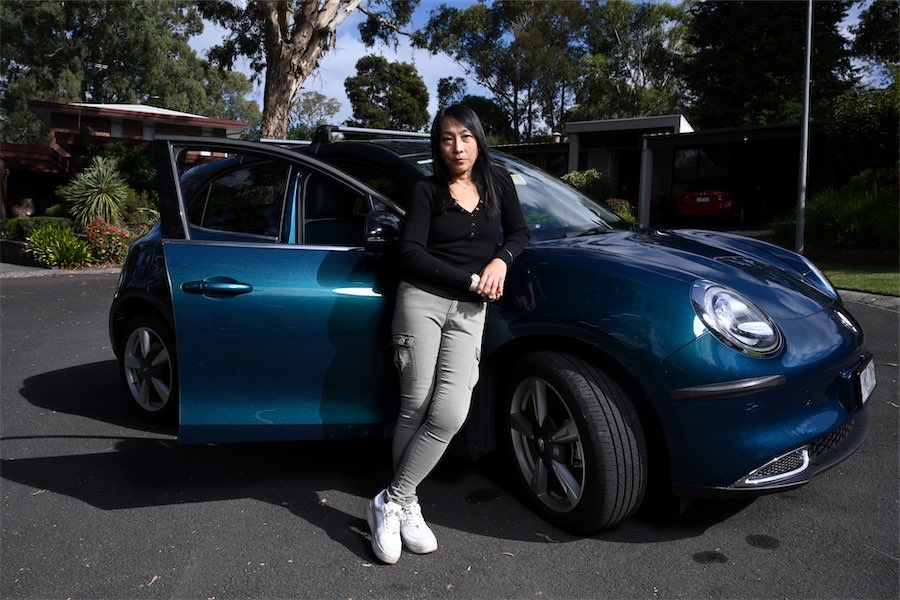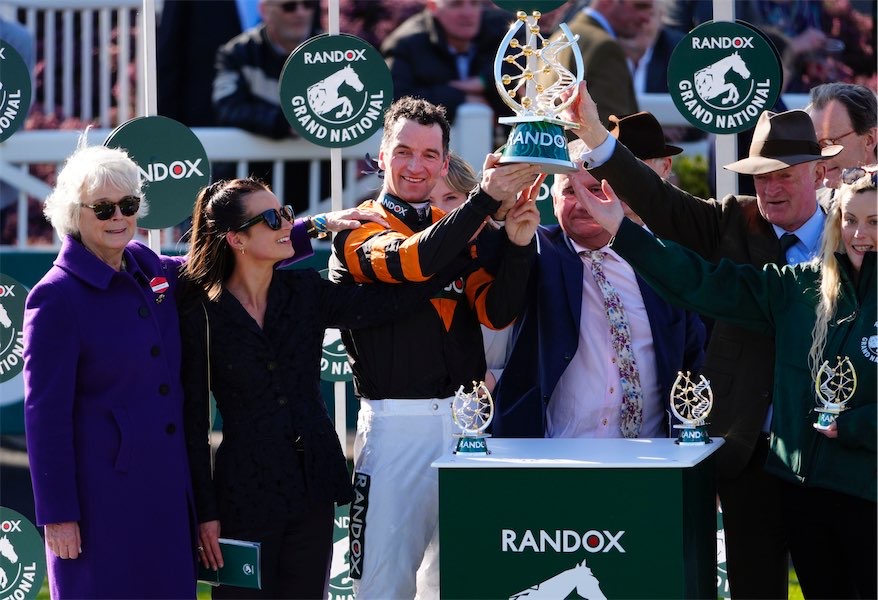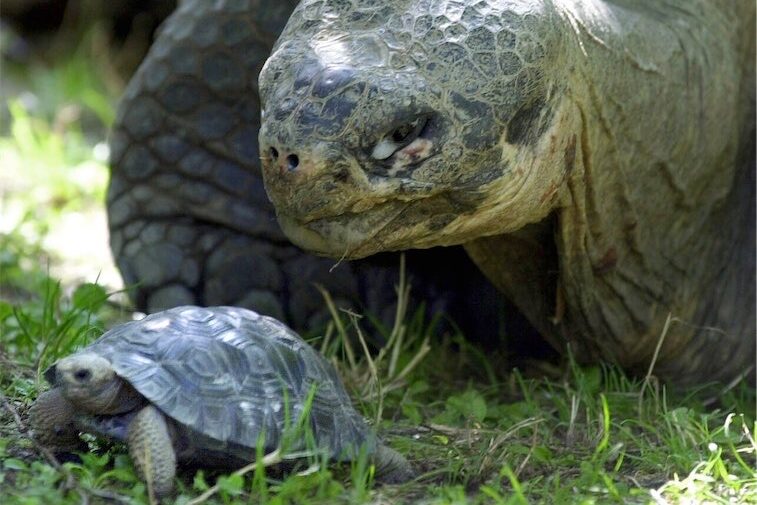
CLIMBING on to the roof as a child in rainy, cloudy north-east England, Anna Moore would look up at the sky and, even as a four-year-old, know she would get into a career that involves space.
“I don’t remember ever not wanting to do it,” says Prof Moore, these days director of a national Australian space facility.
The 49-year-old mother of three – seven, eight and 11-year-olds – moved to Canberra from Los Angeles with her family in 2017 to take up the position as director of the Advanced Instrumentation and Technology Centre, which then led to her also becoming the director of InSpace – the ANU Institute for Space when it was established last year.
The double director (she spends alternate weeks at each organisation) is no stranger to Australia, having acquired her PhD in astronomy at the University of Sydney.
She says the opportunity to run InSpace was “fortuitous”. She had only just moved to Canberra to run the Advanced Instrumentation and Technology Centre, a national facility that supports the next generation of instruments for astronomy and space science, when she was invited to be part of the Space Expert Reference Group
There was no space agency in Australia at the time, so her role as part of the group was to advise the government on where it should invest. When looking into it, she says ANU groups made about 30 submissions but didn’t know each other.
“Basically, we had a little mini jet-propulsion laboratory sitting here at ANU but no one knew anyone else,” she says.
Anna got that community together and now InSpace is the front door to the university’s space capability.
“As part of InSpace, we’ll be investing $23 million of the university’s funding to create a portfolio of $300 million worth of missions. This could be space medicine, it could be an actual mission going into space,” she says.
It’s Anna’s job to make sure that InSpace has ANU’s answer to each of the national priority areas such as robotics, navigation and debris monitoring.
And as for the importance of InSpace, or space in general, Anna says: “If you switched off all the aspects that are in space today, we would just stop. “We wouldn’t have any communication, we wouldn’t have any navigation. Industries that use navigation or Defence that uses navigation would come to a complete standstill.
“We already greatly depend on space without really knowing it.”
Now a leader in the industry, she is passionate about creating a work environment that’s inclusive of women.
“Being a woman from a traditional area, [I know] it’s hard to get into STEM and to stay there. There’s too many barriers,” she says.
“The first conference I ever went to [in 1996], there were probably about 3000 people. It was for astronomy and instrumentation, and there were six women.
“I counted them and I remember finding that very peculiar and thinking that this has to change.”
From ages six or seven, Anna says there’s plenty of statistics that show there’s no difference between gender at all.
“But then things start to matter,” she says.
“Things like, well who’s around you, who do you look up to?
“If you come from a community like where I was, where it’s very poor, you’ve got to work so much harder to get to what you want to do.
“The path isn’t easy and so any little knock along the way is going to stop people continuing. It’s important to see role models out there that children can look up to. That’s where I want to be.
“If that whole community, like in my case, is largely white men in their 70s then it’s not very inspiring.”
Anna doesn’t only hope to be a role model – that’s the first step, she wants to be a leader who is non-biased and doesn’t turn a blind eye to situations that are unfair.
As part of that, diversity was front of mind when she was chosen to head InSpace, an initiative that co-invests research, innovation and collaboration to supercharge Australia’s space capability.
“With InSpace, I was starting with a blank sheet,” she says.
“My aim was to get gender diversity of above 30 per cent, at least, in the whole organisation and the goal was 50 per cent, and I’m up at something like 75 per cent.”
Who can be trusted?
In a world of spin and confusion, there’s never been a more important time to support independent journalism in Canberra.
If you trust our work online and want to enforce the power of independent voices, I invite you to make a small contribution.
Every dollar of support is invested back into our journalism to help keep citynews.com.au strong and free.
Thank you,
Ian Meikle, editor









Leave a Reply